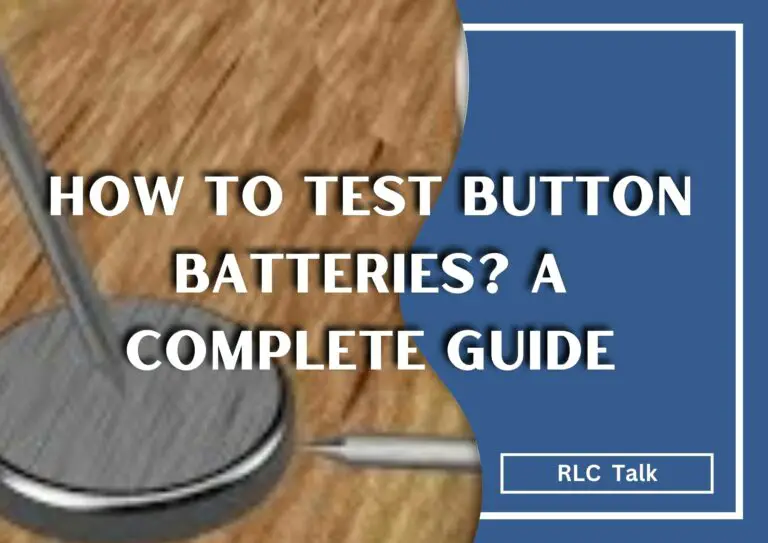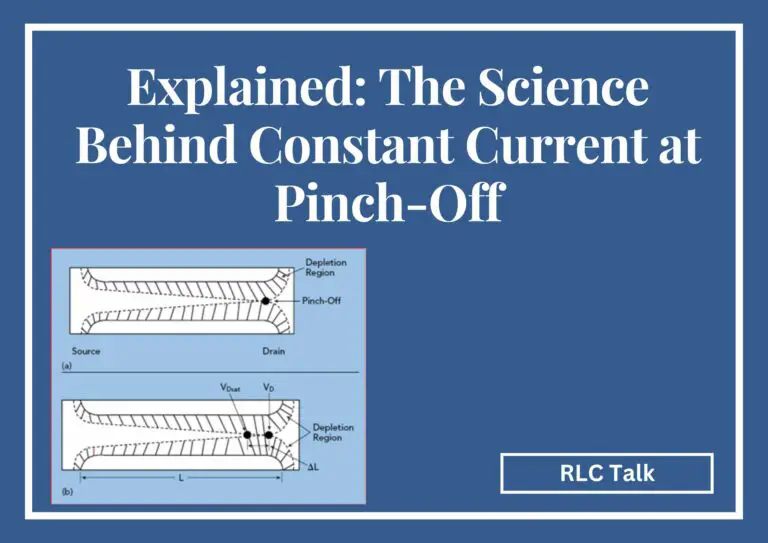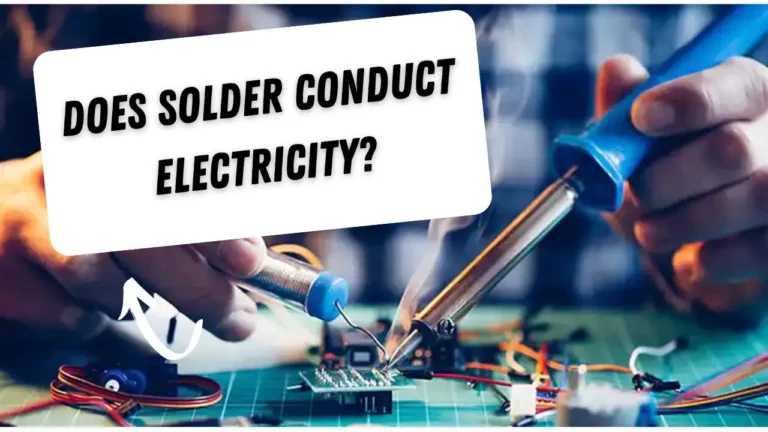Understanding How Various Battery Types Are Affected By Magnetic Fields
Batteries are put away in various areas and can be placed alongside a wide range of other items thanks to their multiple uses. To satisfy our professional and leisure desires in modern times, we rely on a wide variety of batteries, including those based on acid to those found in lithium.
They tend to be costly, so it is essential to understand which factors impact them at any given moment. This article goes over various issues, like ‘’Do magnets affect batteries?’’ and how to recycle batteries.
Those who use an enormous amount of batteries of various kinds for their business or household will profit significantly from this product.
Do Magnets Affect Batteries?
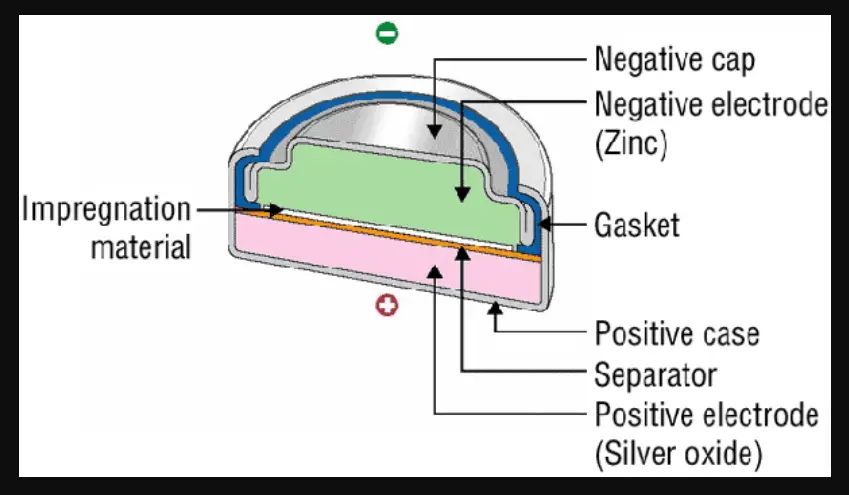
No, a typical household battery won’t be impacted by a magnet. Electronic gadgets can only be affected in a scientific lab with strong magnets. Likely, the iron coating on those tiny round batteries in bubble packs for watches, hearing aids, and different gadgets can lead the cells to stick together and short one another out.
Theoretically, a short could be caused in a non-ferromagnetic battery, such as a lithium-ion, lithium polymer, or coin cell, by an irresistible magnet not usually found in the workplace or home.
We’ll remain with popular research and the conclusion that there is still no effect since this is just a theory and too speculative to alter it to even a possibility.
Do Magnets Affect Phone Batteries?
Although we realize that a magnetic field won’t affect your phone’s battery, there remains a risk that a magnet could impact the phone itself. Can magnets impact phones, and if so, what sort of effect?
If a phone has a magnetic sensor built into it, it could be affected by a magnet. Your phone’s magnetic sensor’s calibration could get thrown off if it gets into close contact with a magnet, which could cause your compass to provide incorrect readings. But magnets won’t affect the screen or the data on your phone.
Do Magnets Affect Lithium-ion Batteries?

There is no effect that magnets have on lithium-ion batteries. Since lithium-ion is made up of alkali metal, it lacks any magnetic charge. If you put a lithium battery close to an alkaline battery, providing a magnetic charge to the lithium battery does not affect the alkaline battery at all.
Propylene Carbonate is the element that makes up Li-Ion batteries. This is for everyone; the typical batteries can be purchased in a shop. In research facilities that use Earth magnets and other kinds of magnetic equipment, they will insist that all electrical devices be left outside of the laboratory.
This is because Earth magnets and similar magnetic tools are powerful. These are mainly Neodymium Silver magnets which are vulnerable. Yet, as they will only be discovered in lab testing, there is little cause for concern for the typical individual or even a highly tech-savvy electronics expert.
Is Slower Charging Better For Battery; Must Read
rlc talk
Do Magnets Affect Alkaline Batteries?
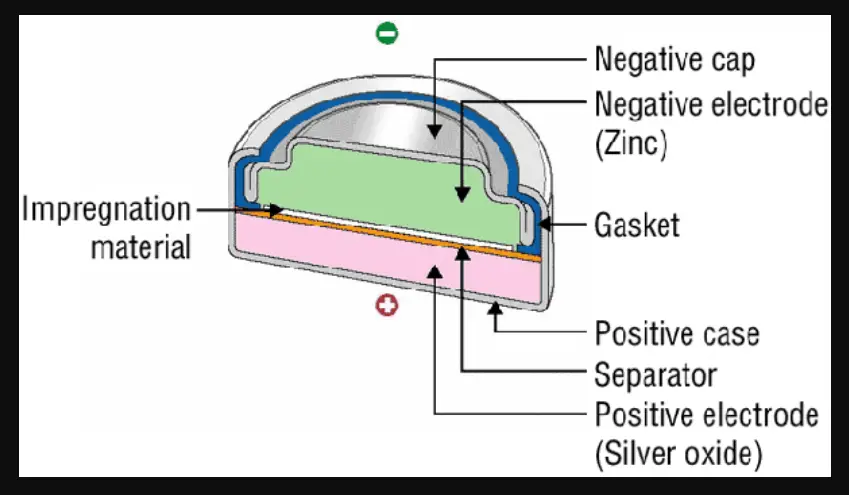
Magnets do not significantly affect the efficiency of alkaline batteries in any manner. Though alkaline batteries have metal parts like the cathode and the anode, these metals aren’t considerably impacted by the magnetic field of an average household magnet, yet the batteries have metal parts.
Magnets can affect electronic devices, including those that depend on magnetic storage. These kinds of devices include magnetic strips, credit cards, and hard drives.
On the contrary, the magnetic fields created by many household magnets are typically not sufficiently robust to have a visible impact on the vast majority of electronic gadgets. Maintaining magnets away from electronic equipment or batteries is always an excellent idea as an extra precaution.
This is due to the reality that magnets can cause damage to these kinds of items. This is especially true for powerful magnets, like those employed in medical devices or industrial applications, that have a chance to cause harm to electrical parts or batteries if they are brought into contact with them.
Do Magnets Affect Watch Batteries?
It is likely that at some point or another, you will discover a magnet in close contact with your watch. This could occur at any moment. If you worry about your watch, you are likely worried that a magnet may harm it or that it could harm the parts that are found inside of it.
Is this something that individuals who wear watches need to be mindful of? There are a few various ways that magnetic fields could affect watches. The reality that the watch can be continuing time incorrectly means it either operates too slowly or quickly.
Yet, based on how the watch was built, magnetism could cause the inner parts to cling to one another, which could stop the watch from working in any manner. If something like this were to occur, we could still keep wearing the watch.
For it to work often once more, it will first require demagnetization. The demagnetization of the watch should take little time or spend a lot of cash, and many watchmakers, along with some expert jewelers, will be able to handle this challenge.
It does not necessarily mean that your watch has been magnetized if it’s doing a lousy job of keeping time or if it stops working.
Greenworks Battery Says Fully Charged But Not Working; Causes And Fixing
rlc talk
Do Magnets Affect Electronics?
The electronics can and will be affected by magnets. For example, a magnetic field can damage defibrillators or pacemakers, which may trigger them to shift into maintenance mode. Watches are additionally impacted by magnetic fields, which can start them to lose their settings and run more quickly or more slowly.
Mechanical quartz watches made of metal can stop by magnets, and hearing devices may be harmed beyond the point of repairs. These are only a few of the types of electronics that magnets can damage.
Are Magnets Bad For Smartwatch Batteries?
Likely, magnets won’t impact the smartwatch itself, yet scientific research indicates that magnetic fields can negatively affect standard watch batteries. What about the battery that’s stored within a smartwatch?
Could one of these batteries be harmed by being exposed to a magnetic force? Lithium-ion batteries power the majority of modern smartwatches. Since it is an alkali metal, lithium is resistant to magnetic charges’ effects on other elements.
Even if a smartwatch’s battery comes into proximity to a magnet, the battery will keep working correctly. The charge on the battery will not be decreased and will not suffer damage.
Magnetic charges won’t have any effect on lithium-ion batteries or many other kinds of household batteries, either. Although this is excellent news for people who own smartwatches, a further essential aspect that must be considered is how a magnetic force will affect the watch itself.
Will A Magnet Drain A Watch Battery?
Magnets can impact watch batteries, including iron, ferrous metal, or metal with iron. This implies that the batteries will be vulnerable to force from a magnet. But won’t just having a magnet nearby fully drain these batteries?
The answer could bewilder you. Watch batteries can be drained by a magnet. When subjected to other batteries, a magnetic force can trigger several iron-coated watch batteries to move toward one another. The batteries will start to drain immediately as they come into contact.
A majority of household battery kinds can cause this. It is essential to be careful with how you keep your batteries since the magnet itself doesn’t trigger the batteries to deplete.
The simplest way to store loose batteries might not be to arrange them together in a trash drawer since the batteries need to make contact and produce an electrical short of draining. Considering this technological issue is vital, given how many individuals leave their analog quartz or digital watches.
How Do You Know If Your Watch Is Magnetized?
If it is not clearly evident that your watch is magnetized, but you think it may have come in contact with a magnetic force for an appropriate length to change it, then you will need to take the following steps.
There are several various methods that you can use to check whether or not your watch has magnetism. If a watch fails to display the correct time, is routinely missing a minute or more, or is stuck, its magnetism can be examined by putting a compass close to it and watching what happens.
A magnetic charge can be determined if the needles of the compass appear to follow the watch when it is moved in a very modest manner. In addition to using a compass, apps can now be installed into a smartphone, enabling magnetism testing.
With the right apps, smartphones can identify magnetic fields; this capability is simple enough for anyone to use it. The following are some instances of useful applications that can be utilized to monitor magnetic fields:
- EMF Analyzer for Android is similar to different EMF apps, and this one uses a feature known as the tri-axis magnetic sensor on your phone. This sensor also influences how to compass apps work; thus, it is crucial to note that it is present in both. The EMF analyzer, similar to the other apps explained earlier, can detect EMF in actual time, showing it with graphs and being capable of having sound alerts set up when specific levels of EMF are attained. The EMF Analyzer app can be downloaded from the Google Play Store for free.
- EMF Scanner, the Electromagnetic Detector, is available for iOS. The EMF Scanner is both simple to operate and attractive to experiment with, and it can identify magnetic fields and radio frequency waves in the surrounding area. The EMF Scanner App is available as a free download from the app store managed by Apple.
- The user experience of the Ultimate EMF Detector for Android is simplified and precise. It can capture data and allow the user to establish alarms that will notify them when EMF levels hit a level that they have chosen. The Ultimate EMF Detector app can be acquired through the Google Play Store as a free-of-charge download.
Many of these apps offer the same features and should be able to provide you with data that are important enough to identify whether or not your watch is magnetic.
How To Store Magnets Effectively?
Magnets can be packed and kept correctly and incorrectly to preserve usefulness. One magnet’s shelf life may vary from another’s, just like their power does. It’s vital to keep them in a manner that won’t interfere with them. Here are several easy actions to take.
- You must align the north poles of standard household magnets (not made of neodymium), meaning they point in a single direction.
- If they are neodymium, you will need a “keeper bar” or another kind of magnetic shield. The magnetism was created to be absorbed.
- Be careful of the environment when packing them. Have any computing devices? Mobile phones? A TV or another electronic or technological device? Magnets shouldn’t affect batteries, yet any of these gadgets may suffer permanent harm.
- Please put them in an appropriate container. The container has to be big enough to fit the magnets with extra packing material. It is better to begin with, bubble wrap, next a layer of paper, and last some dense foam. This prevents a significant quantity of magnetism from the magnets from leaking onto any electronics nearby.
- Neodymium should be stored in an ultra-dry setting free of heat, freezing, and varying temperatures. They will perish as an outcome of moisture and humidity harming them.
How Do You Recycle Your Used Batteries?
Recycling used batteries is an essential task. The corrosive acid will remain even if a battery loses its power and is no longer being used. The presence of just a tiny quantity of this acid is toxic.
It’s quite a lot when you realize all of the individuals and businesses who utilize batteries of different kinds every day. The most hazardous culprits are lithium batteries. This information is a breakdown of the lifecycle of a lithium battery that has yet to be recycled.
There have been incidents in which fires started in landfills due to lithium batteries being buried in the soil onsite. Due to this, the air is now highly hazardous. The corrosive substance ultimately finds its way into the drinking water table after it is put into the water system.
After then, what remains there does not vanish away totally. It evaporates into the air, so you’ve got precisely what you expected when it rains. Take a nice soak in the acid rain. You won’t be able to sense it, but all that’s contained in the microdroplets will get damaged.
Conclusion
Do magnets affect batteries? There is no proof that magnets could impact lithium-ion batteries, and they have no apparent effect on the efficiency of household batteries, even alkaline batteries.
But strong magnets contain a chance to harm batteries or electrical components, and they can have an effect on some electronic devices that have magnetic sensors integrated into them.
A watch can get damaged if it is close to a magnet and may need to be demagnetized to restart regular operation. Ultimately, as a further safeguard to prevent harm, it is advisable to keep magnets far from electronic devices or batteries.


